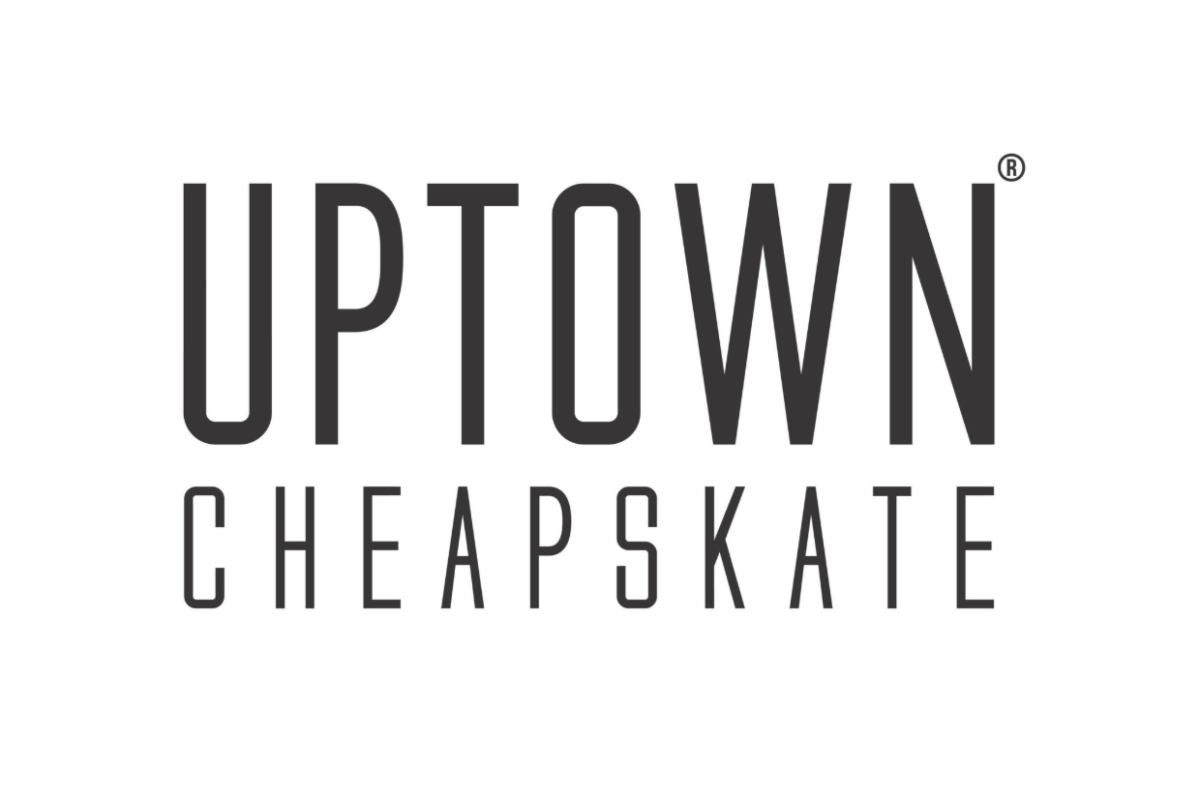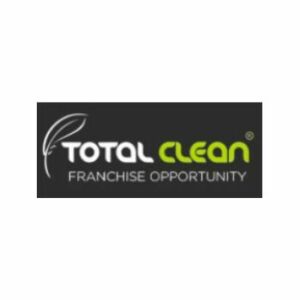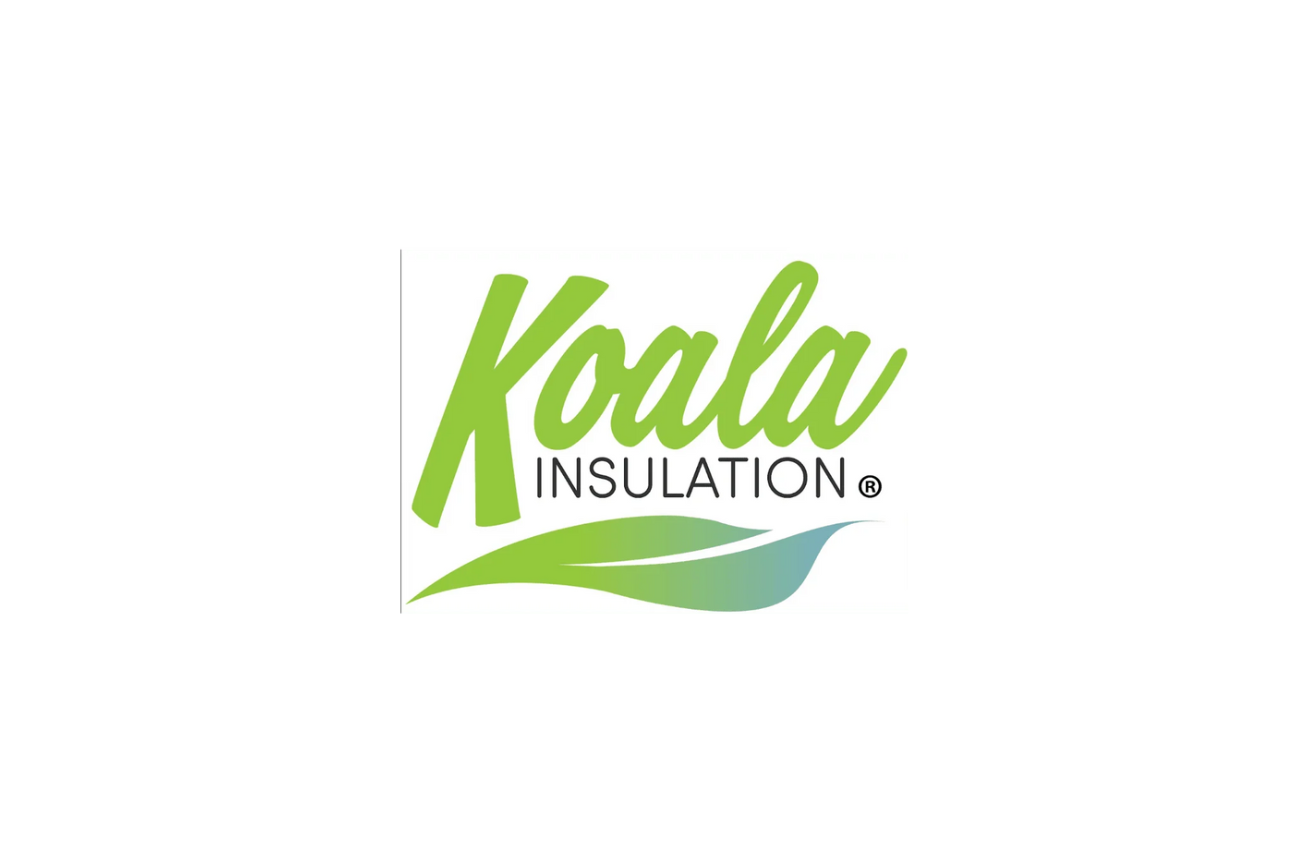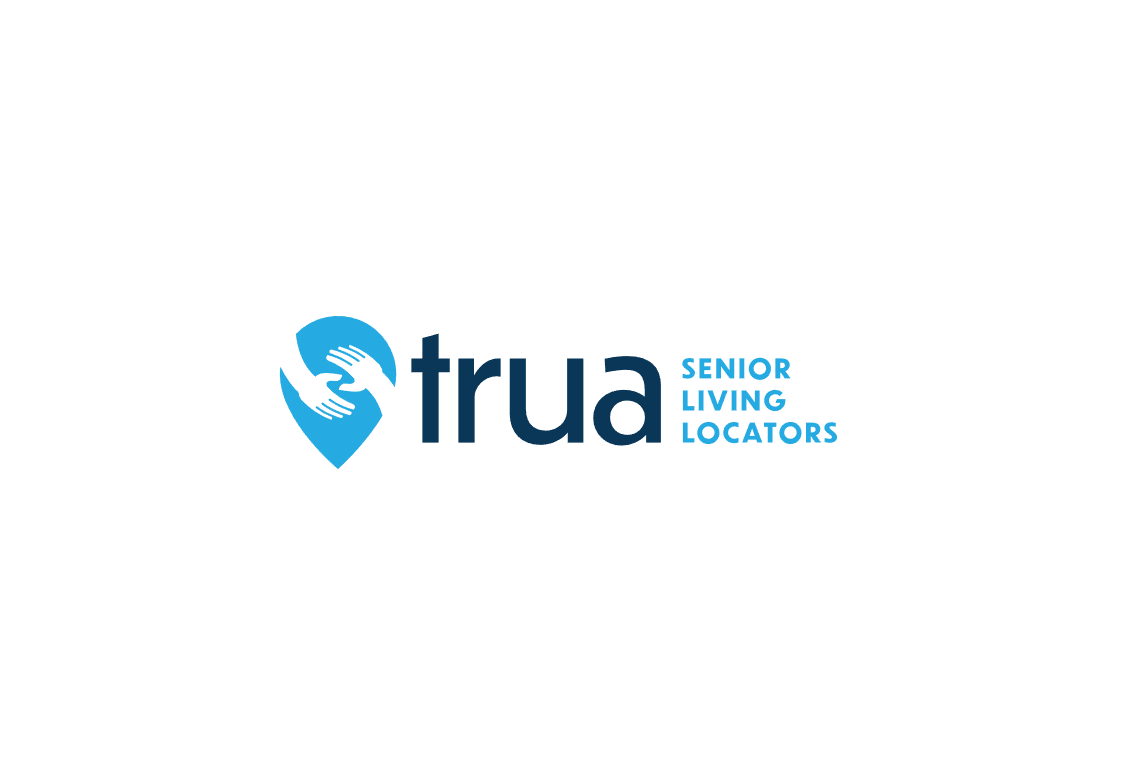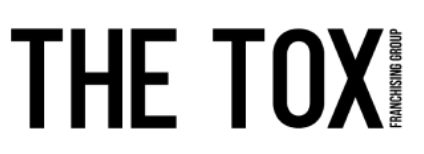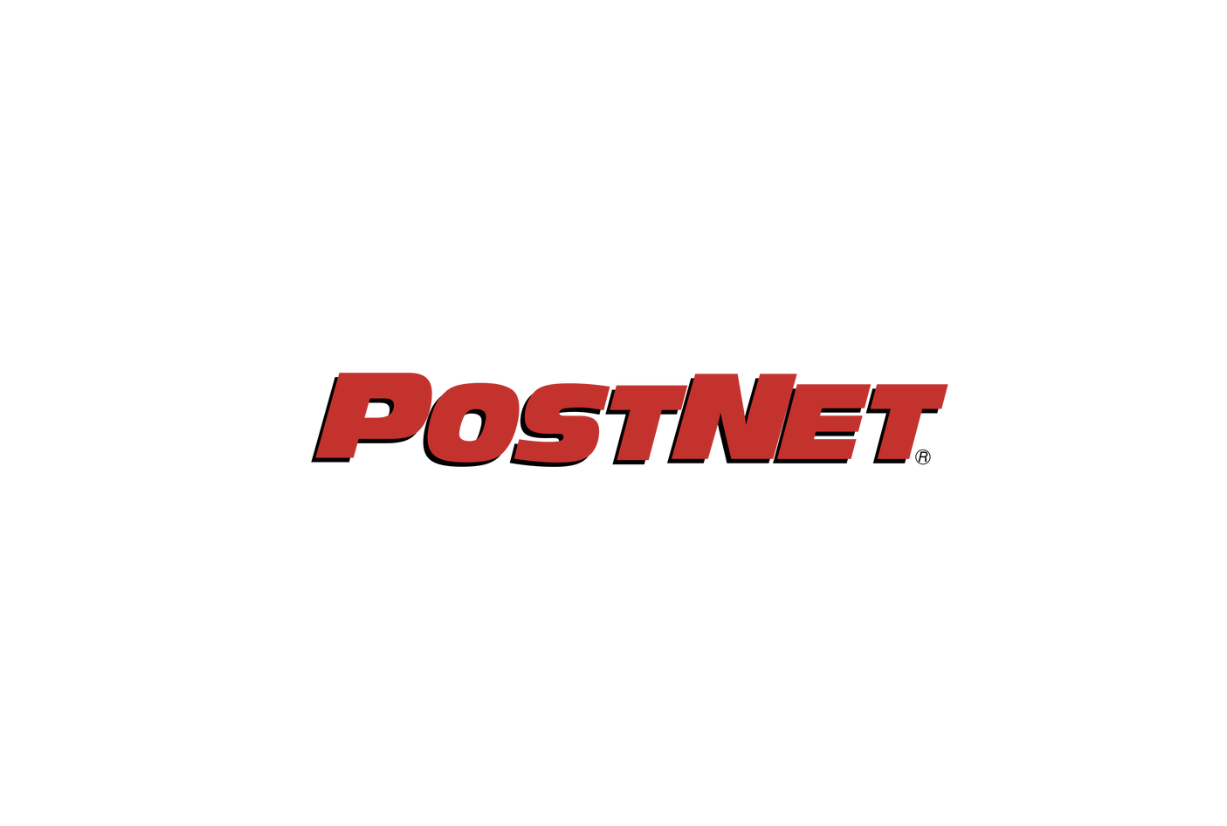Starting a business in the resale fashion industry can be both profitable and sustainable, especially as consumers become more focused on affordable and eco-friendly shopping options. One franchise that has successfully tapped into this growing trend is Uptown Cheapskate. Known for its trendy and budget-friendly approach to buying and selling name-brand fashion, Uptown Cheapskate has become a favorite among style-conscious shoppers who want to save money and reduce waste. For entrepreneurs interested in this space, understanding the investment needed to start a franchise is an important first step.
The Concept Behind Uptown Cheapskate
Uptown Cheapskate was founded in 2008 with a simple but powerful mission: to provide fashionable, high-quality clothing at affordable prices while encouraging sustainability through resale. The franchise operates as a modern resale boutique that buys gently used clothing and accessories from customers, then resells them at a fraction of the original retail cost.
Unlike traditional thrift stores, Uptown Cheapskate focuses on offering stylish, curated selections that appeal to young adults and fashion-forward consumers. Stores feature a clean, boutique-like atmosphere that mirrors the experience of shopping at a trendy retail chain — but without the high price tags.
This combination of style, affordability, and sustainability has allowed Uptown Cheapskate to grow rapidly across the United States. The brand appeals to a new generation of shoppers who want to look good, save money, and make environmentally conscious choices.
How Much Does It Cost to Start an Uptown Cheapskate Franchise?
The initial franchise investment for an Uptown Cheapskate store ranges from $328,000 to $597,000, depending on factors such as the store’s size, location, and market conditions. This investment includes the costs of leasing or purchasing a location, remodeling the space, purchasing equipment and fixtures, stocking the store with inventory, and paying franchise fees.
The total amount may vary depending on where you open your store. Urban areas with higher rent and build-out costs may fall at the higher end of the investment range, while smaller markets or suburban areas may require less capital.
Despite the variation, the overall investment is considered reasonable for a retail business that comes with the backing of an established brand, a strong business model, and ongoing support from a proven franchise system. Uptown Cheapskate’s relatively low entry point also makes it an appealing option for first-time franchise owners or experienced entrepreneurs looking to expand their portfolio.
What the Investment Covers
The initial investment covers all major aspects of launching a successful Uptown Cheapskate franchise. This includes expenses related to store design, signage, inventory management systems, and marketing materials. Franchisees also receive extensive training and ongoing operational support to ensure they have the tools needed to run their stores efficiently.
Training is a key part of the Uptown Cheapskate experience. New franchise owners learn everything from how to evaluate and price resale items to how to create a positive in-store experience for customers. The company also provides guidance on hiring staff, managing inventory, and using technology to streamline daily operations.
Marketing and advertising support are also included as part of the franchise package. Franchisees benefit from national brand recognition as well as regional and local marketing campaigns designed to attract customers and drive store traffic.
Why Entrepreneurs Choose Uptown Cheapskate
One of the biggest advantages of owning an Uptown Cheapskate franchise is being part of a growing industry with strong consumer demand. The resale market has expanded significantly in recent years as shoppers seek affordable, sustainable alternatives to fast fashion. Uptown Cheapskate has positioned itself perfectly within this trend by offering quality clothing in a stylish retail environment.
The franchise model is built on a smart and efficient process. By purchasing inventory directly from customers, franchise owners maintain a flexible and low-cost supply chain. This system also allows stores to constantly refresh their merchandise, giving shoppers a reason to return frequently to find new deals.
In addition, Uptown Cheapskate places a strong emphasis on sustainability. The brand promotes the reuse and recycling of clothing, helping to reduce waste and environmental impact. This eco-conscious approach not only attracts customers but also builds a positive image for franchise owners who value responsible business practices.
Another key benefit is the sense of community that Uptown Cheapskate fosters. Many stores become local hotspots where people can trade in clothes, find unique pieces, and connect with others who share a passion for fashion and sustainability. For entrepreneurs who enjoy working directly with customers and making a difference in their community, this aspect of the business can be especially rewarding.
The Growing Resale Industry
The resale clothing market is booming across the United States, driven by changing consumer habits and a desire for more sustainable shopping options. Younger generations, in particular, are embracing secondhand fashion as a way to express individuality and save money. Uptown Cheapskate fits right into this movement, offering a shopping experience that combines value with style.
With resale projected to continue its growth trajectory in the coming years, owning a franchise like Uptown Cheapskate positions entrepreneurs in a market that is both profitable and aligned with long-term consumer trends.
Summary
Starting an Uptown Cheapskate franchise in the USA requires an initial investment ranging from $328,000 to $597,000, depending on the location and store setup. This investment gives entrepreneurs the opportunity to join a rapidly expanding market with a well-established brand and proven business model.

